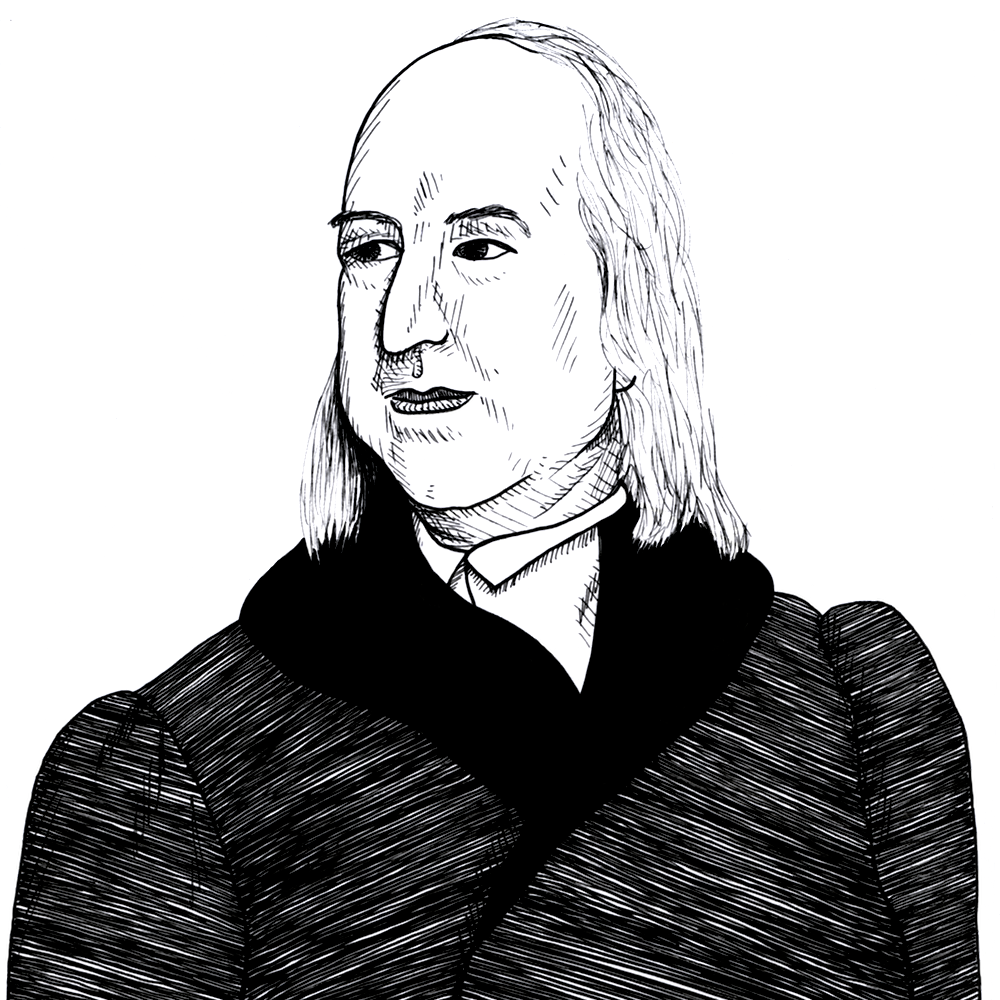
Bentham on how “the ins” and “the outs” lie to the people in order to get into power (1843)
Found in: The Works of Jeremy Bentham, vol. 2
Jeremy Bentham (1748-1832) created a Handbook of Political Fallacies in which he painstakingly categorized the different types of “fallacies” politicians used to deceive the public. He did this in order to show how those in government deceived the people in order to win office or get favours from those in office:
Class
By the name of fallacy, it is common to designate any argument employed, or topic suggested, for the purpose, or with a probability, of producing the effect of deception,—of causing some erroneous opinion to be entertained by any person to whose mind such argument may have been presented….
Parliament (is) a sort of gaming-house; members on the two sides of each house the players; the property of the people—such portion of it as on any pretence may be found capable of being extracted from them—the stakes played for. Insincerity in all its shapes, disingenuousness, lying, hypocrisy, fallacy, the instruments employed by the players on both sides for obtaining advantages in the game: on each occasion—in respect of the side on which he ranks himself—what course will be most for the advantage of the universal interest, a question never looked at, never taken into account: on which side is the prospect of personal advantage in its several shapes—this the only question really taken into consideration…